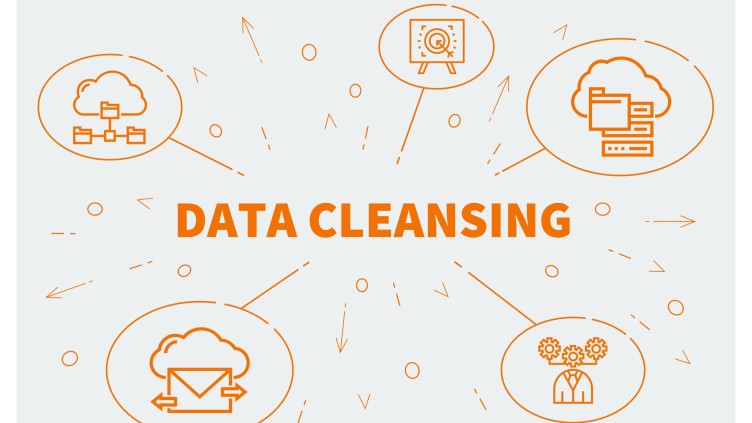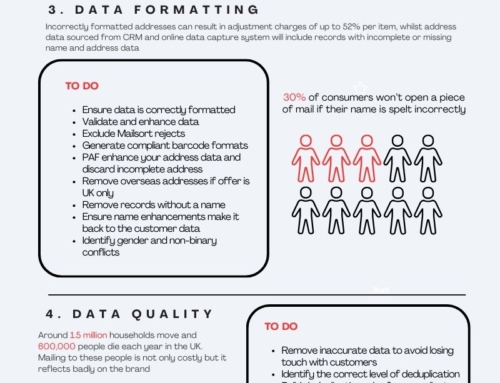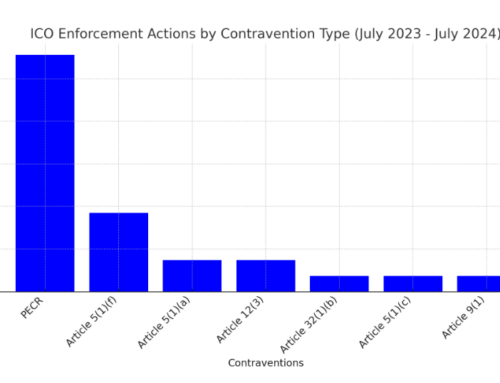In today’s data-driven world, businesses rely heavily on the accuracy and reliability of their data to make informed decisions. However, maintaining clean and error-free data is a complex and time-consuming task that can often overwhelm organisations. To address this challenge, a new solution has emerged: fully automated data cleansing services. Leveraging cutting-edge technologies, these services streamline the data cleaning process, enabling businesses to enhance the quality of their data effortlessly and efficiently.
The Challenge of Data Quality:
Data quality is a crucial factor in ensuring reliable business operations, insightful analytics, and effective decision-making. Organisations often encounter challenges such as duplicate entries, outdated information, inconsistent formatting, and incomplete records. These issues can stem from various sources, including manual data entry, system migrations, and data integration processes. Resolving these problems manually can be a painstaking and error-prone task, demanding substantial time and resources.
The Emergence of Automated Data Cleansing Services:
To alleviate the burden of manual or 3rd party data cleansing, automated data cleansing services have emerged as a transformative solution. By leveraging advanced algorithms and machine learning techniques, these services can automatically detect and rectify data inconsistencies, redundancies, and errors. Organisations can now tap into the power of automation to achieve accurate and reliable data without the need for extensive human intervention.
Benefits of Fully Automated Data Cleansing Services:
1. Time and Resource Efficiency: Data cleansing can be an arduous, costly, and time-consuming process. Automated data cleansing services significantly reduce the effort and resources required, enabling organisations to focus on higher-value tasks.
2. Enhanced Data Accuracy: By employing intelligent algorithms, these services can identify and correct data inconsistencies, inaccuracies, and duplications, ensuring that organisations have access to reliable and up-to-date information.
3. Improved Decision-Making: High-quality data lays the foundation for informed decision-making. With clean and accurate data, organisations can derive meaningful insights, identify trends, and make data-driven decisions confidently.
4. Data Compliance and Security: Data cleansing services also play a crucial role in ensuring compliance with data protection regulations, such as GDPR. By identifying and rectifying personal data errors, organisations can maintain compliance and safeguard sensitive information.
5. Scalability and Flexibility: Fully automated data cleansing services are designed to handle large volumes of data. Whether an organisation’s dataset is small or extensive, these services can efficiently clean and standardise data, ensuring scalability and flexibility.
Implementation and Integration:
Implementing a fully automated data cleansing service involves a few key steps. First, organisations need to identify a reputable service provider that offers robust data cleansing capabilities. They should consider factors such as the provider’s specialist expertise, track record, and security measures. Once selected, integration with existing systems and databases is typically straightforward, with service providers offering serviced solutions, APIs or connectors for seamless data exchange.
Conclusion:
Fully automated data cleansing services are revolutionising the way organisations manage and maintain their data quality. By harnessing the power of automation, businesses can save time, reduce costs, and improve decision-making by ensuring accurate and reliable data. With data integrity becoming increasingly crucial in today’s world, embracing such services is a wise investment for organisations aiming to optimise their operations and gain a competitive edge in today’s data-centric world.





